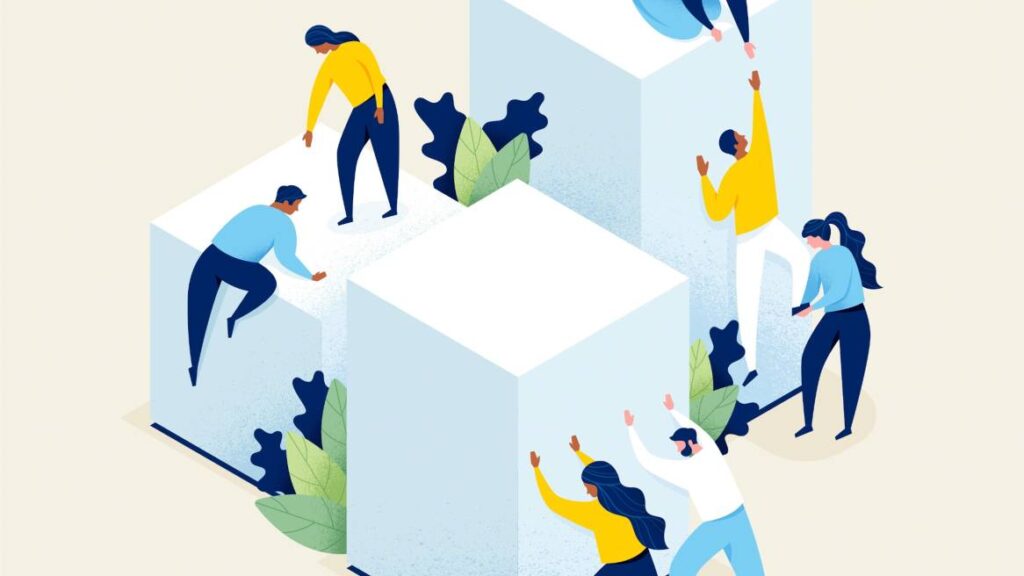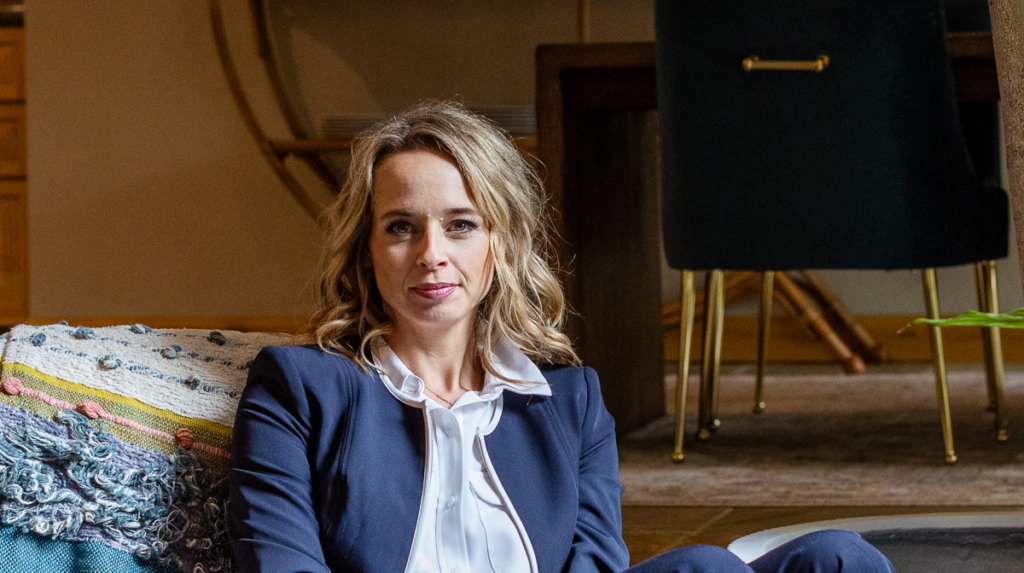We are all navigating uncharted waters right now. As COVID-19 evolves and questions remain unanswered, major corporations, small businesses, and individuals alike are doing their best to slow the spread and redefine a “new normal.”
For Lazy Dog Restaurants, a small restaurant chain headquartered in California, that means devising innovative ways to supply food and essentials to home-bound consumers. The company is now offering “Home Essential Packages” complete with eggs, rice, butter, and even toilet paper. These packages are delivered straight to consumers’ doorsteps, limiting human contact while creating a new revenue stream for the business. For the founders at Lazy Dog Restaurants, the goal is simple, “We know how challenging it is to get groceries right now and we are here to help.” Rather than let their inventory of restaurant kitchen essentials go to waste, they’re increasing accountability and redistributing it to the people who need it most.
During times like these, reeling from uncertainty is normal. In fact, it’s completely justified. But being consumed by fear and confusion leads to paralysis — not the kind of mindset that helps us move through the uncertainty. Fortunately, leaders like those at Lazy Dog Restaurants are choosing to emerge from paralysis and develop innovative ways to weather this storm.
Though we have never experienced a pandemic like COVID-19 and don’t know what the fallout will look like, a framework for problem-solving and increasing accountability — individually and jointly — amid uncertainty could provide a pathway forward. We call this framework the Steps To Accountability, and it has helped individuals, teams, and organizations regain a sense of clarity, focus, and control even when the future looks bleak.
Focusing on the Elements Within Our Control
The Steps To Accountability are rooted in a simple practice: make a personal choice to focus on what we can control instead of becoming fixated on circumstances we have little agency over. Many things about COVID-19 are beyond our control — but not everything.
For example, we can choose how carefully we practice social distancing to help flatten the curve of the virus. We can also choose to access science- and fact-based sources to make more informed decisions. Leaders have a choice to make as well. How they show up during these times — whether they’re consumed by fear or calm and focused — impacts how employees react to crises.
Decisions we make everyday impact our businesses, our families, and our own physical and mental wellbeing. If you’re trying to retain a sense of normalcy, the Steps To Accountability is a powerful, but simple, approach that can help you respond with innovation and solutions instead of becoming overwhelmed by the chaos.
The Steps To Accountability Framework
People who exhibit high levels of increasing accountability see problems and ask, “What can I do to move past this?” rather than saying, “Who is going to fix this?” These questions define the difference between what we call “Above The Line” thinking and “Below The Line” thinking.
When leaders and employees are Below The Line, they focus on what’s out of their control, blaming others, making excuses, and passively waiting for instruction. This behavior is entirely normal in small doses, but it stifles innovation and forward thinking when it permeates an entire culture. The long-term effects of this thinking can be detrimental.
Those who rise Above The Line take accountability for the problems within their control through four steps — See It, Own It, Solve It, Do It.
1. See It — This first step is about acknowledging, without panic or hysteria, the reality of our current crisis and accepting that it is beyond our control.
2. Own It — Once we have addressed the current situation, we can take psychological ownership over it. Ownership allows us to assess and focus on what we can control in an environment where so much is out of our control.
3. Solve It — After we see the challenges and own it, we can find innovative ways to reach the results we want to achieve.
4. Do It — Do It is about follow through and taking action amidst uncertainty. It’s our ability to adapt existing processes and procedures to meet the demands of ever-evolving situations.
It takes intentional optimism to rise Above The Line. It does not mean we ignore what’s happening around us. It’s about acknowledging the current reality, but also extending optimistic faith that all will work out if we focus on things that we can impact positively.
Finding Community During Times of Crisis
While many companies are still surfacing from the shock of COVID-19, others have already begun putting plans into place. Take County Line Harvest, a 35-acre organic farm nestled in California’s Coachella Valley, for example.
After experiencing a drastic downturn in sales due to recent restaurant shutdowns, co-owners Megan Strom and David Retsky knew it was time to revamp their existing approach. “March is usually our busiest month, and we had a field full of food with nowhere to go,” said Strom in a recent interview with the Los Angeles Times. “We really needed to do something immediately to keep our doors open.”
Strom put a call to action out to her community, and that call was answered by Röckenwagner Bakery, a baked-goods manufacturer and distributor with a cafe and storefront. Together, the two devised a plan — Röckenwagner would pick up pre-bundled produce boxes from the farm and make them available to its wide consumer base via delivery or in-store pickup. At $37.50 — $50.00 a box, the sales have provided County Line Harvest with an entirely new revenue stream.
County Line Harvest’s simple, yet powerful, story brings to light the tangible impact personal accountability can play during times of uncertainty. Was Strom frustrated and scared for her business in light of the current health crisis? Absolutely. But rather than remain frustrated, paralyzed even, she kept looking for new solutions.
She saw that her farm’s sales were plummeting, owned the problem, and then devised and implemented a plan to solve it with the support of Röckenwagner.
“All of us are entrepreneurs, and in moments like this, we’re all getting creative,” said Patti Röckenwagner, cofounder of Röckenwagner Bakery. “We’re not completely solving a very dire problem, but if we can be flexible and nimble, we can hopefully ride this out. Businesses need to help other businesses, so we can all stay in business.”
Effective Leadership in Times of Disruption
Navigating chaos is like paddling down a calm river, only to discover a swirl of rapids around the bend. We can choose to let those rapids disrupt our journey, or we can leverage them to accelerate the speed at which we paddle forward. When we harness the power of accountability, we see today’s disruption as an opportunity to drive greater operational efficiencies, unleash creative problem solving, and accelerate innovation.
As everyone — CEOs, physicians, real estate agents, educators, parents, and beyond — learns to navigate these uncertain times, it’s important to remember that every institution and organization will evolve at its own pace. Some will sit in the See It phase for longer, tactfully observing new challenges before devising strategic plans. Others will push forward more quickly, launching new initiatives and promising alliances. This is no time for judgment, but rather a time for leaders and frontline employees to lift one another up, celebrate the small successes, and, above all, take accountability for the tasks at hand.
To learn more about effective leadership during times of crisis, register for our webinar series, Leading During Uncertainty.



